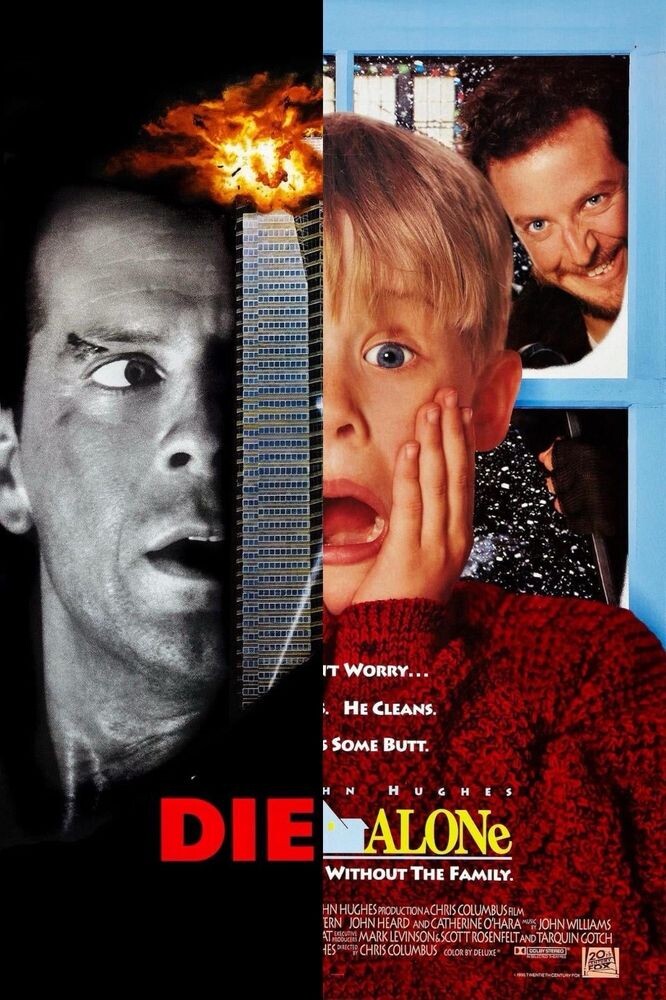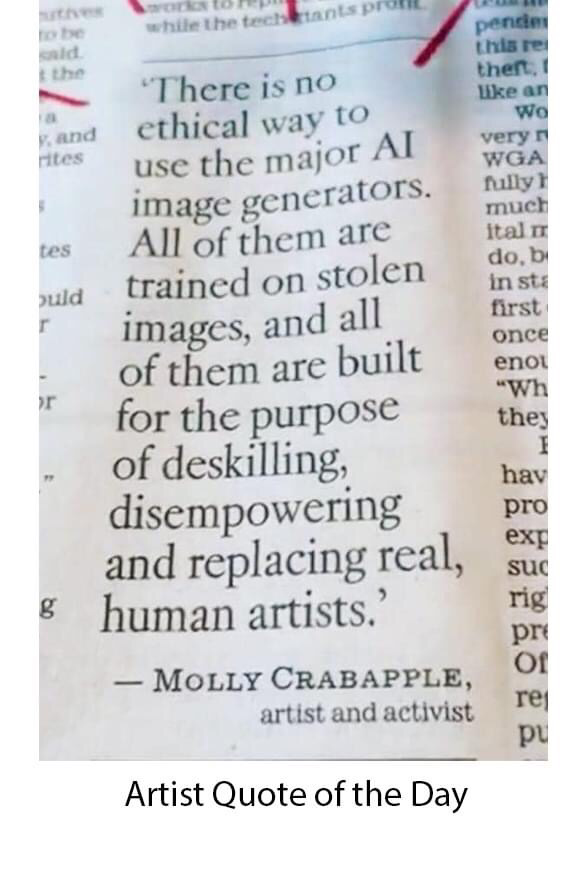Posts
1816Following
323Followers
129"všecko špatně"
@albi:mxchat.cz (Matrix)
@albi@kazetak.skladka.net (Funkwhale)
@albi@pixelfed.eu
obrázek z banneru a další podobně úžasné hledejte u @kinixuki@mastodon.art :blobartist:
#czech #česky
albi von skládka 🇨🇿
albi me and my friend Chuck Norris use the sand to create gold, so..
me and my friend Chuck Norris use the sand to create gold, so..
Tomáš Znamenáček
zoul@boskovice.socialShow content
Brzy to budou dva roky, co Rusové provedli největší vojenskou invazi v Evropě od druhé světové války. Odhaduje se, že kvůli ní zemřely desítky tisíc ukrajinských civilistů a stovky tisíc vojáků. Putin doufá, že nás ten konflikt přestane bavit a necháme Ukrajince ve štychu. Tak mu pošlete leteckou poštou vánoční pozdrav z Evropy. https://www.zbraneproukrajinu.cz/kampane/cestmir
albi von skládka 🇨🇿
albiI'm allergic to crappy sound, so I have a studio setup for fidelity and movies and a personally equalized Walkman with magnetoplanar headphones for top quality music experience
(plus two tiny Tribit Micro BT speakers for simple kitchen or bicycle listening)
not really expecting any more investment in this area except replacing broken stuff
Lucy Blundell
kinmoku@mastodon.gamedev.place🎁 HOLIDAY GIVEAWAY TIME! 🎁
I’m giving away a copy of VIDEOVERSE on Steam!
To enter:
⛄ Follow me
⛄ Favourite and boost this post
The winner will be picked on Christmas day! 😀
Anders Borch
anders@mastodon.cyborch.comI have interviewed 100s of candidates for software engineering positions.
I’ve done take-home tests, in person challenges, pair programming with the candidates.
All of them were awful experiences for me and especially for the candidate.
I can only think of a single instance where a code challenge exposed a poor software engineer and I could definitely have made the same assessment just by talking to them.
Lately I’ve stopped doing any software or mental puzzles.
I don’t do any of that when I interview designers or QA people or HR people, so why would I be particularly toxic towards software engineers during the hiring process?
Instead, I actually read their resumes (which is significantly quicker than doing interviews, asking them to repeat the same information), and then I ask them questions like:
- Where do you get your tech news?
- How do you learn about new technologies?
- What do you most appreciate in your coworkers today?
- What is a perfect workday like for you?
I specifically avoid trap-style questions like “what is your greatest weakness?” or “why are you leaving your current job?”
I recommend that you make a plan for what you want to learn about the candidate, e.g. “are they good at acquiring new skills?” or “do they share the same values as the team?” and then structure the interview around that.
Be a non-toxic manager. Make your company look good during the interview process. Get better candidates.
albi von skládka 🇨🇿
albi@protonmail




